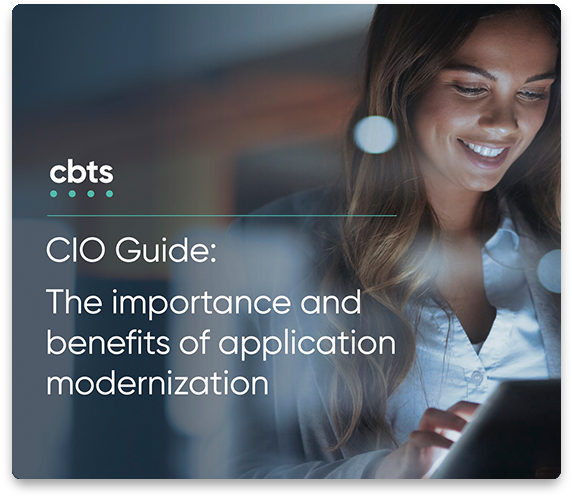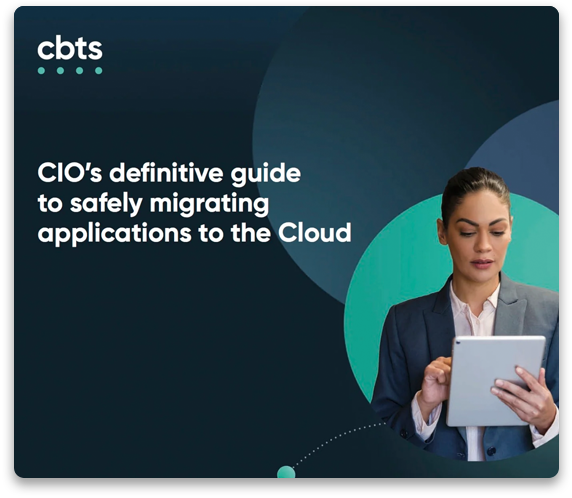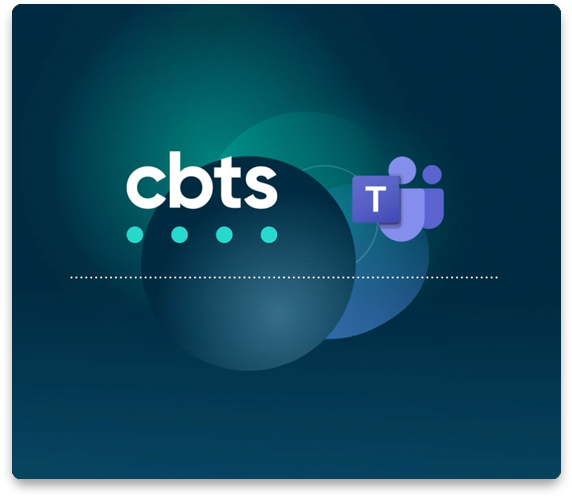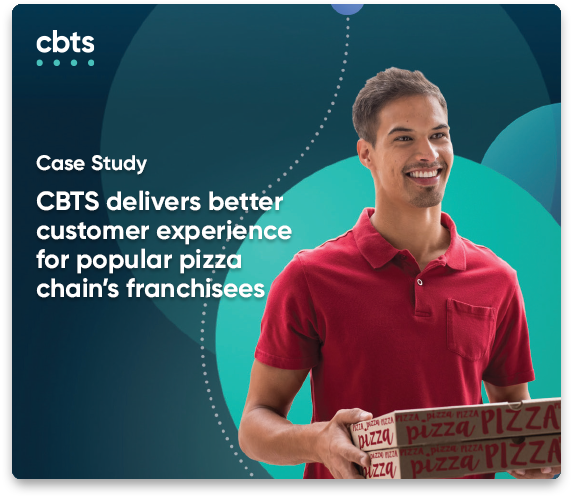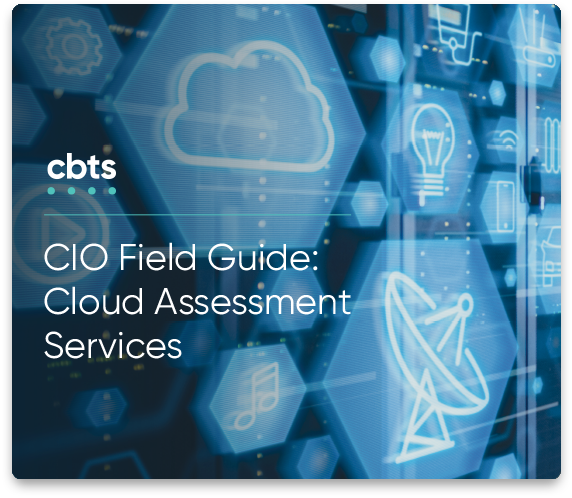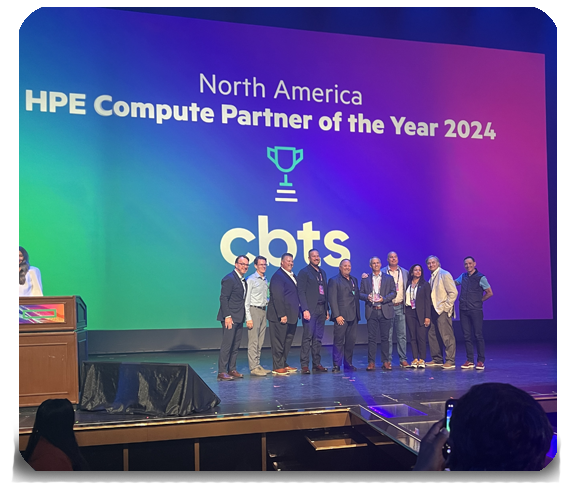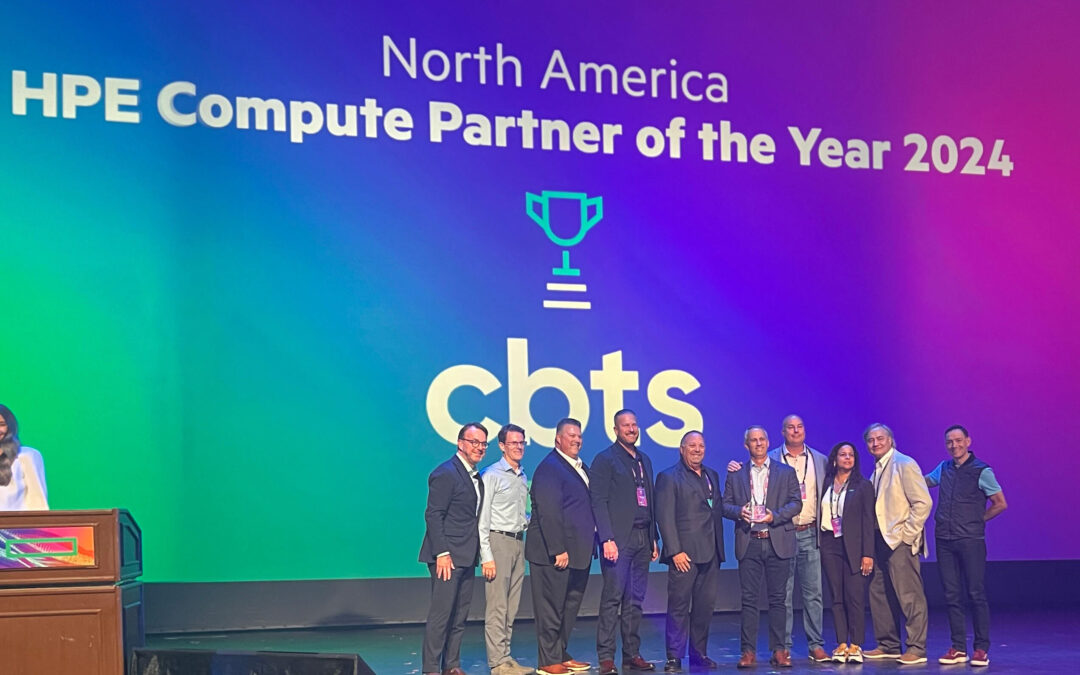
Winning the race against your competition is no longer about being the best at running a physical data center, it’s about outpacing the leading, most agile organizations in your industry. It means releasing new products, functionality, and software updates quickly, acquiring unique insights from data, and being able to change direction as markets demand.
If your company is still running a traditional ops environment, with developers and operations functioning in silos, your time to market will be anything but speedy. Bottlenecks, delays, and quality issues are common hurdles set in place by the conflicting goals between the development and operations teams.
To overcome the issues inherent in a traditional siloed approach, companies have begun merging developers and operations into a single team headed toward common goals. Through this alignment, companies can scale their applications rapidly to millions of users, provide global availability, manage enormous amounts of data, and respond in near milliseconds.
Additionally, the maintenance and management of these modern applications running across complex hybrid cloud environments can be fully automated and scale on demand. This approach puts organizations on the fast track to getting the most from innovative technologies like containers and micro-services, and other game-changing DevOps practices. DevOps is proven to greatly accelerate the process from idea to development to deployment. But to do this, DevOps must rely on automating routine operational tasks and standardizing environments across an app’s lifecycle.
Containers establish standardized environments
Containers deliver stable, standardized environments to ensure software runs reliably when moved from one computing environment to another. Containers package an application, plus all of its dependencies (libraries, configuration files), into one portable image.
Net-new applications, or apps that have been refactored to be cloud-native, are designed for resiliency and scale. They can be deployed easily on the public cloud, allowing developers to deliver releases or update functionality in nearly half the time.
Application refactoring is ideal for companies in need of technology upgrades, businesses that have “lifted and shifted” legacy apps to the cloud with little results, or IT leaders who continually buy new servers and storage to handle growth of line-of-business applications.
Red Hat® OpenShift® Container Environment
Containerized environments, also referred to as Kubernetes, were first developed by a team at Google, and later donated to the Cloud Native Computing Foundation (CNCF). Kubernetes is a true open-source platform, with engineers from Google, Red Hat, and many other companies actively contributing to the system and the community.
Kubernetes eliminates many of the manual processes involved in deploying and scaling containerized applications. It clusters groups of hosts running Linux containers and helps you easily and efficiently manage those clusters.
CBTS is your trusted partner to help you get to the next generation of cloud-native application and infrastructure delivery so that you can vastly improve your time to market, eliminate downtime, and leverage automation for ease of ongoing management.
Learn more: Buyer's Guide for RedHat OpenShift
CBTS is a Premier Plus Partner, the highest level of technology partnership with Red Hat, and collectively we hold over 97 individual certifications ranging from advanced cloud, infrastructure, platform, automation, virtualization and storage to name a few. Over our eight-year relationship we have built an extensive level of experience helping clients choose the right Red Hat platform to meet their complex business objectives and create disruptive opportunities.
Red Hat® OpenShift® is a hybrid cloud, enterprise, Kubernetes application platform and offers plenty of benefits:
- Supports Red Hat Enterprise Linux for worker nodes and supports standard Docker and CRI-O runtimes.
- Incorporates hundreds of fixes to defect, security, and performance issues for upstream Kubernetes in every release.
- Includes software-defined networking and validates additional common networking solutions.
- Validates numerous storage and third-party plug-ins for every release.
- Includes an integrated, private container registry; teams with more significant requirements can also use Red Hat Quay.
- Offers streamlined workflows to help teams get to production faster, with built-in Jenkins pipelines and source-to-image technology to go straight from application code to container.
- Helps administrators and support application teams, with service brokers (including direct access to AWS services), validated third-party solutions, and Kubernetes operators.
CBTS can help with your application modernization and Red Hat containerization
CBTS understands the importance of balancing continuous application development with innovation for improvement and a rapid development approach. Our team of Red Hat experts has a proven track record in implementing next-generation, cloud-native application and infrastructure delivery so you can concentrate on improving your time to market, eliminating downtime, and leveraging automation to ease your management burdens.
How it works
CBTS employs a rigorous, rapid development approach that:
- Aligns your business objectives with a technology application plan and schedule.
- Nurtures constant feedback loops on performance, functionality, and user behavior.
- Establishes a transparent roadmap detailing how applications migrate, when services go live, and which features become available.
- Delivers reliable code at a rapid pace, resulting from our well-defined agile-development process.
- Supports monitoring and managing apps in the cloud on any platform, derived from many years of application support experience.
Learn more
Download our Red Hat Buyer’s Guide to learn how CBTS can help your organization embrace a digital transformation.
Discover more about Cloud Consulting services from CBTS.

